After the shoot we went to a cozy café in Berlin-Schöneberg and started the interview with coffee, cake, and beer. Strangely, right after we were finished, the place turned into a vernissage of a photo artist with a geriatric audience and live music by two students. This incident inspired us to stay and have another beer while watching the weird scenario. But let’s rewind the story to the beginning.
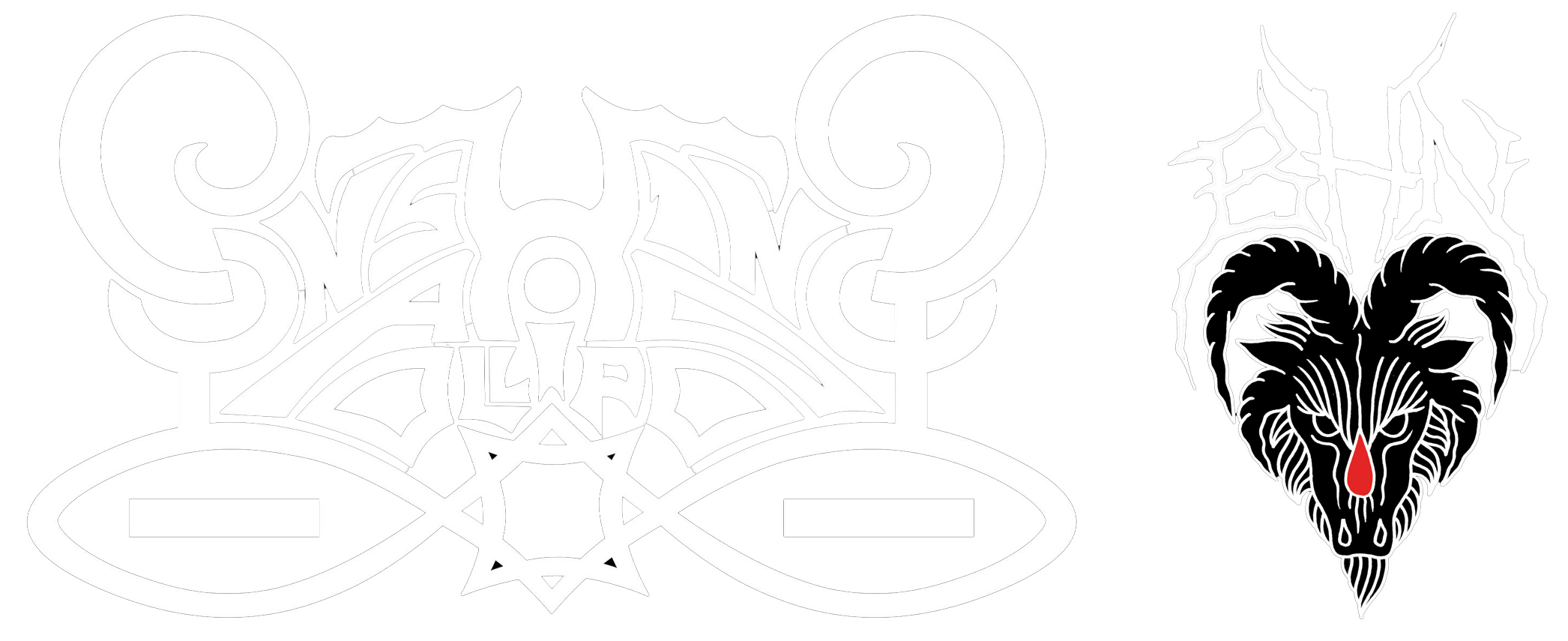
So let’s switch to English now. I am very curious about your accent.
It’s horrible. Ever heard THE SCORPIONS speak English? I am slightly better than Rudolf, but not much [laughs]. It’s a bit strange to talk to a German in English. I am used to that because I have a lot of foreign friends and there are actually German people in my band that I never heard speaking German before.
Alright, so what I know about you is that you have two bands.
I have two bands with releases, and I actually play in four right now. Two of them are pretty new. You also have a record label and a book publishing house.
So it looks like you are a very active person. What’s your motivation to do all of these things at once?
I don’t know; they just came naturally to me because I never learned anything proper in a career sense. I never finished school; I never had any career choices. My dream as a kid was to be a writer, musician, or let’s say rock star, or a football player. Or all at once. When I was twelve years old, after my first beer, the football idea was over, because drinking and athletics don’t really go together so well. I tried a lot of other things. For example, I studied IT to have something secure, because I was raised by post-war parents who came from nothing and had to work a lot for their academic degrees. So for a long time I thought that I needed to try that, but it never worked out for me, and after a while, I found some niches and started working more and more with bands. There was never a plan to start a publishing house and a label, but the more I got involved with the music industry and other things, the more I started to realize that I wanted to spend my time doing this. I consider this fulfilling, and it gives my life some sense, so that’s why I started doing it to a greater extent. Also in an idealistic way. I‘ve had some major label support in a band once. It was on the verge of being professional, but that didn’t work out in the end for different reasons. So I noticed that very often labels are ripping little bands off, and that it’s not so hard to do what they do. I gave it a try to support my own bands and my friends, and over time I thought I can do it professionally. It’s not the long time goal to do it for a living necessarily, but I depend on it half way, and it works, and I want to see how far I can take it.
It’s great to hear that it’s working, because a lot of people do it as a kind of hobby, and when you do it for a long time, it can be frustrating, and eventually people stop doing it.
I get frustrated once a week [laughs] – on a low level. On a major level maybe every six months. So I think about giving up all the time.
What are the things that are really frustrating about running this kind of business?
I am not running it as a business in the first place. I choose the music, and the bands and the whole way of doing business – I try to do it in a non-business way. So I do it for purely artistic reasons. And after that I try to be the businessman and do the best I can with what I chose as the material. Sometimes you see that people don’t appreciate the content, but it all depends on connections.
What kind of people don’t appreciate things: the fans, the distributors, or the bands?
Even when the reviews are good and the response is good, it is really really hard to have some reach. When you see some people surpassing you who, in your view, are putting out inferior products just because they are more connected, that‘s disappointing. Of course it takes time to build a network; I am not naive about that at all. But by now I am a little bit jaded about this already and more realistic, but sometimes the bands are not. I don’t make unrealistic promises, but of course you make something new, and for a lot of bands that I choose, it’s their first step. So you try to give them a push and make their dreams come true. Often that doesn’t work out, and that’s disappointing for me and the worst, more than financially or anything else, is when the bands are disappointed in you. For no reason, sometimes, because they have unrealistic expectations, and you work your ass off and put a lot of money in there. I had some big failures, also financially, and my money is generated by myself. It’s my private money. So when you put all your heart, all your fucking time, and your money in it and then the band says, „You failed us,“ then you wonder what you‘re doing this for. But thankfully that almost never happens. Otherwise it’s just a daily frustration. Of course I have a side job to finance everything, and honestly I am working seventy hours a week and thus have barely any free time, and that gets tiring. So when people don’t appreciate what you do, you start to question it. But it‘s like this with any job – it could be any career choice. When you put all your effort into it, you want to have some appreciation and some success on an emotional or financial level.
But you‘re still doing it. So apart from the frustrating aspects there must be some motivational ones. What is motivating you to keep on going?
Absolutely. Otherwise I wouldn’t be doing it. I would say, in my view, 90 percent of what I do is successful, and I am growing all the time. In September 2019 I had four releases and, after one month, all of them already worked better than all the others I released before. So I noticed that I am moving forward, which is important, obviously, and the bands are on board. Most of them mention, even publicly, that they‘re really satisfied with what I do, even though I have much smaller means than the big labels. Take FVNERAL FVKK, for example. Everybody said after the first 7” that they had great potential, even the reviews mentioned that. That with the album they should get a real label, and that the sky’s the limit. But then they released with me again. And they knew that they could‘ve chosen something much bigger. Now that record is going pretty much through the roof regarding sales, response, and media rating. Still, they‘re not disappointed that they stayed with me. That makes it worth it for sure.
I could ask the same question about being in a band.
That’s a little bit different. There I‘m just the artist, and so I‘m very uncompromising. I really don’t care. Everything I write myself is pretty much designed to fail. That’s the wrong expression, maybe, but my taste is often really against the grain. Not on purpose, but my stuff has never been trendy. It’s always a bit off.
That’s not a bad thing. A lot of great artists started that way, doing something different.
Exactly. This cannot be planned, so I‘m never disappointed. I‘m not even hoping for any response. With music I‘m completely eliminating my business ideas, and I‘m just writing. I‘m happy with how it turns out. I‘m getting more professional in the way I can record and perform. What happens, happens and if it doesn’t find any audience, I‘m not really disappointed about that.
In part two of the interview I asked him how he explains the ups and downs in the popularity of the band, whether the Night of the Thousand Voices will take place in Germany and if he is less angry now in comparison to when he was young. Read the full interview alongside with fullpage portrait photographs in the print issue of DEPICTED. Get your copy here:
Read on:
Interview with Sara from MESSA / DEPICTED #1
Your tour with SABBATH ASSEMBLY has just finished. When you come back home after such a long tour, is it a relief or are you rather sad? Both of them. Being on tour is as much fun, and as......
Interview with Toni from (Dolch) / DEPICTED #1
ENNIO MORRICONE – “Once Upon A Time In The West” [from the 7”, 1968 / German: “Spiel mir das Lied vom Tod”] This is one of my first childhood memories: There is a man hanging on the gallows, standing on......
Interview with Justin Sullivan from NEW MODEL ARMY / DEPICTED #1
Last night you played at a festival dedicated to world peace. Did you ever believe in such a thing? I read somewhere that some historians did some research. In the total of human history there had been a period of......
Interview with Alex Ithymia from SUNSHINE & LOLLIPOPS and BHNP / DEPICTED #1
So let’s switch to English now. I am very curious about your accent. It’s horrible. Ever heard THE SCORPIONS speak English? I am slightly better than Rudolf, but not much [laughs]. It’s a bit strange to talk to a......
Interview with Shazzula from Wolvennest / DEPICTED #1
Shazzula is an interesting name. Where did you find the inspiration for it, and does it have a meaning? Well, in the early days of Napster, I spent some time there exchanging musical interests with some people. Everyone was......
Interview with Marcelo Aguirre from EVIL SPIRIT / DEPICTED #1
You are one of the people with the most diverse taste in music that I know. From metal to jazz to experimental and electronic music, you listen to everything. Was it like this from the beginning, or did it......
Photoshoot with LAUREN RUTH WARD/ DEPICTED #1
Unfortunately there was no time to do an interview, so this is a photo gallery feature. Enjoy. See the complete set of photos with Lauren in fullpage size in the print issue of DEPICTED. Get your copy......
Interview with Malte from NECROS CHRISTOS and SIJJIN / DEPICTED #1
The era of NECROS CHRISTOS is coming to an end. You released the last album and now you are playing the last concerts. Have you already reflected on a personal conclusion to this project? What were your highlights and......
Interview with EVILYN FRANTIC / DEPICTED #1
I heard this story once, that when you started your life as an artist, you ran away with the circus. Is this true, or is it just a legend? No, it is very true. I kind of ran away......


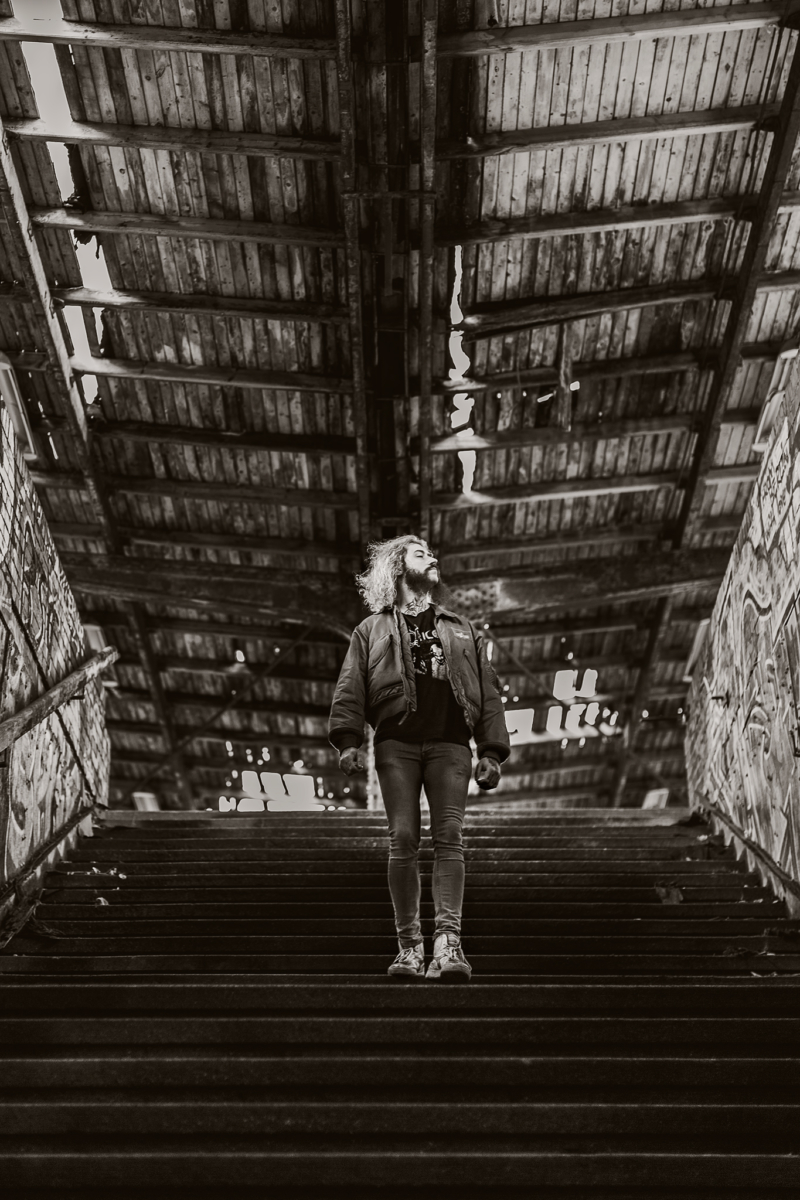
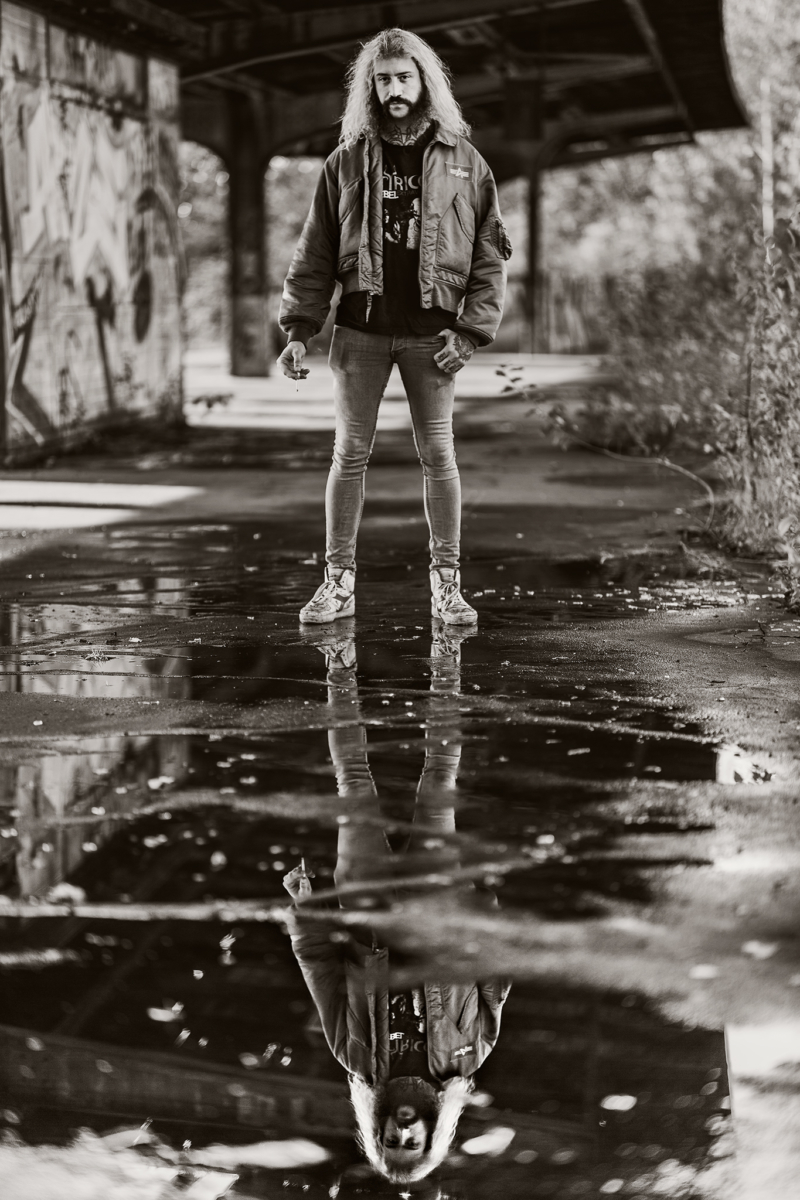
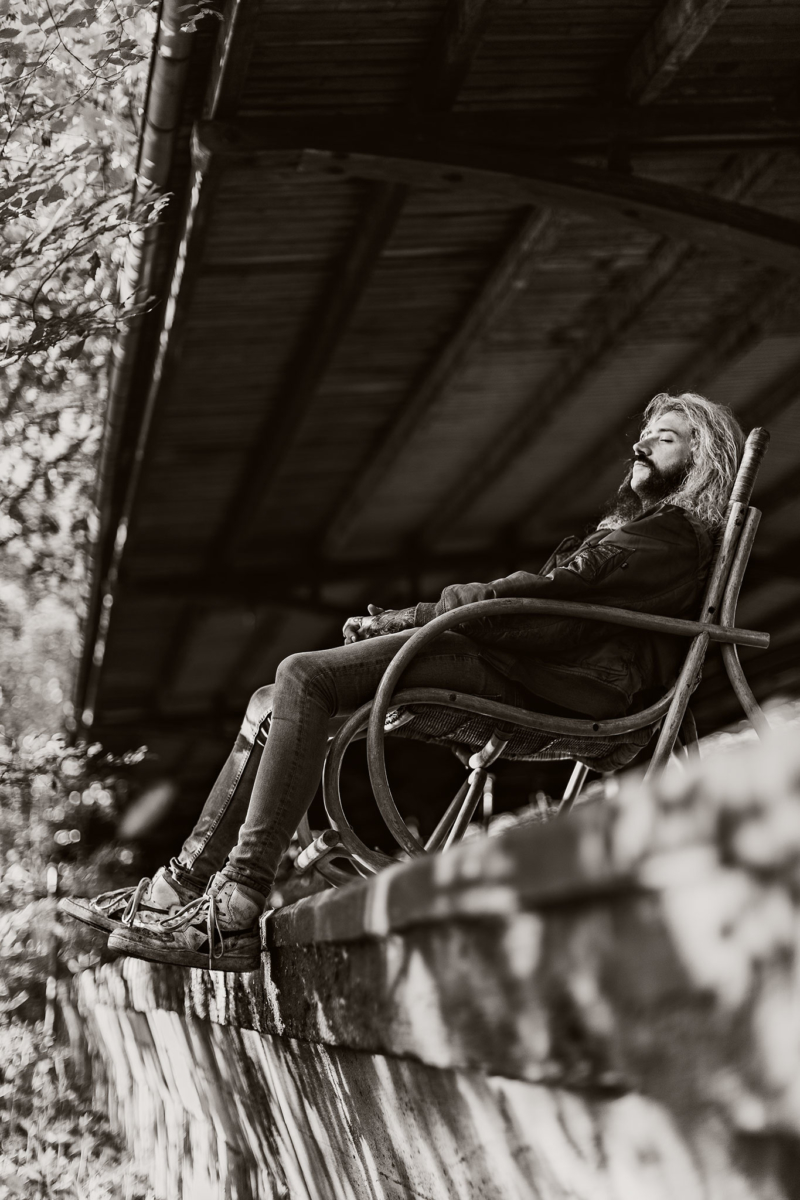
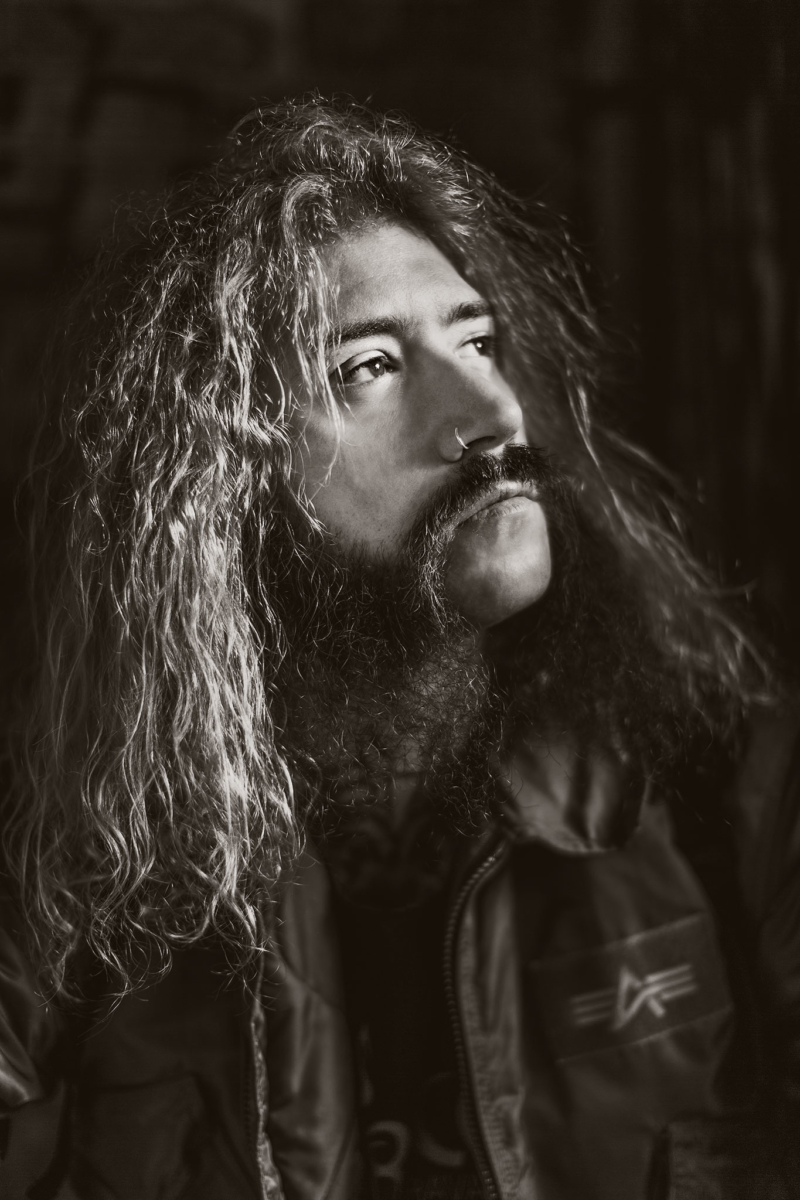

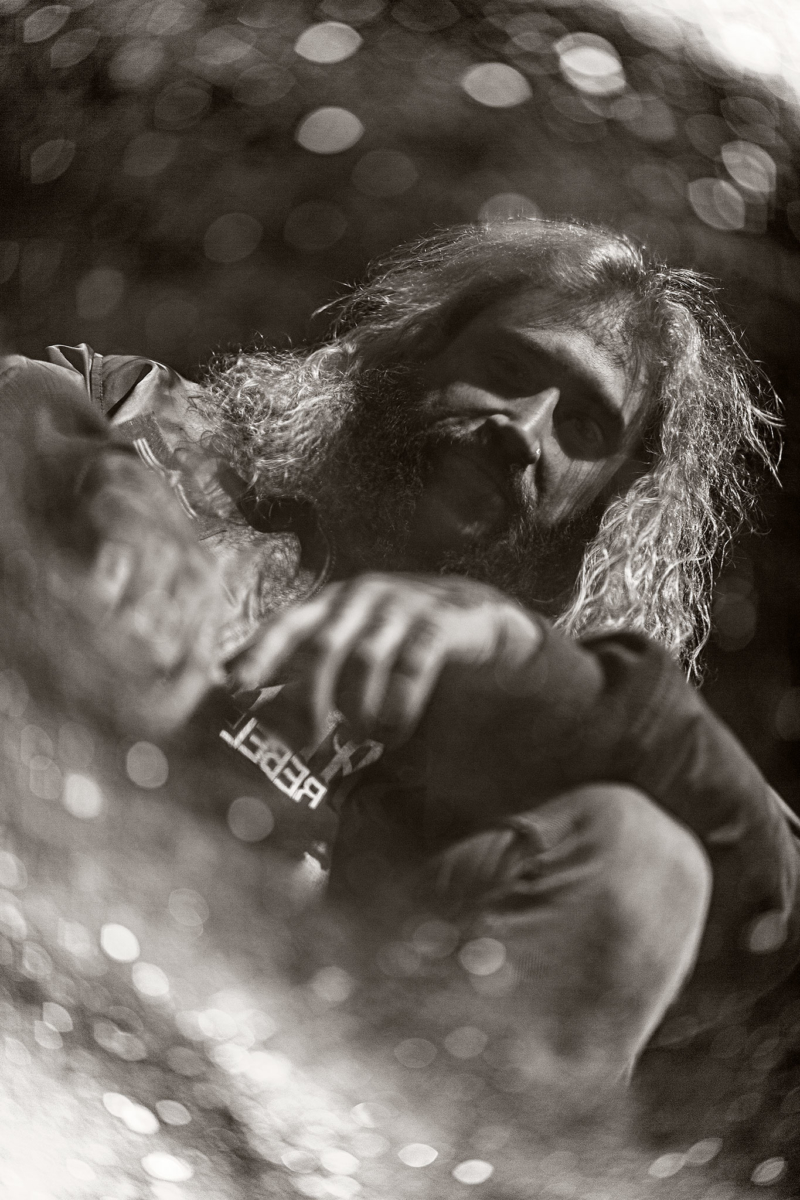
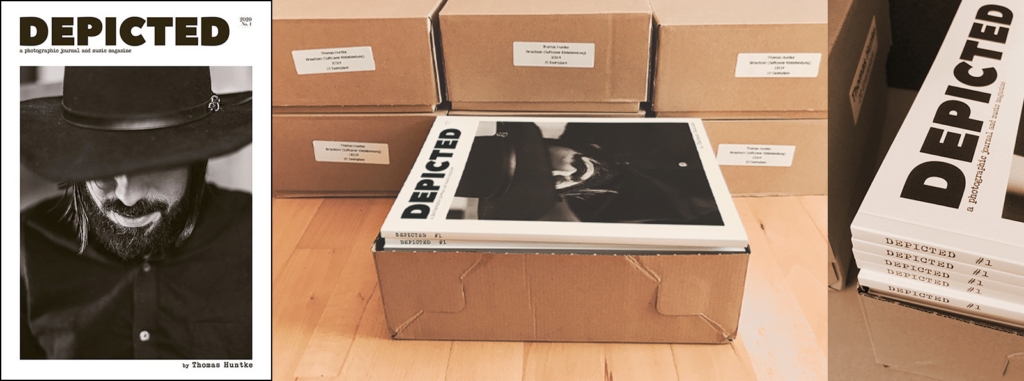










No Comments